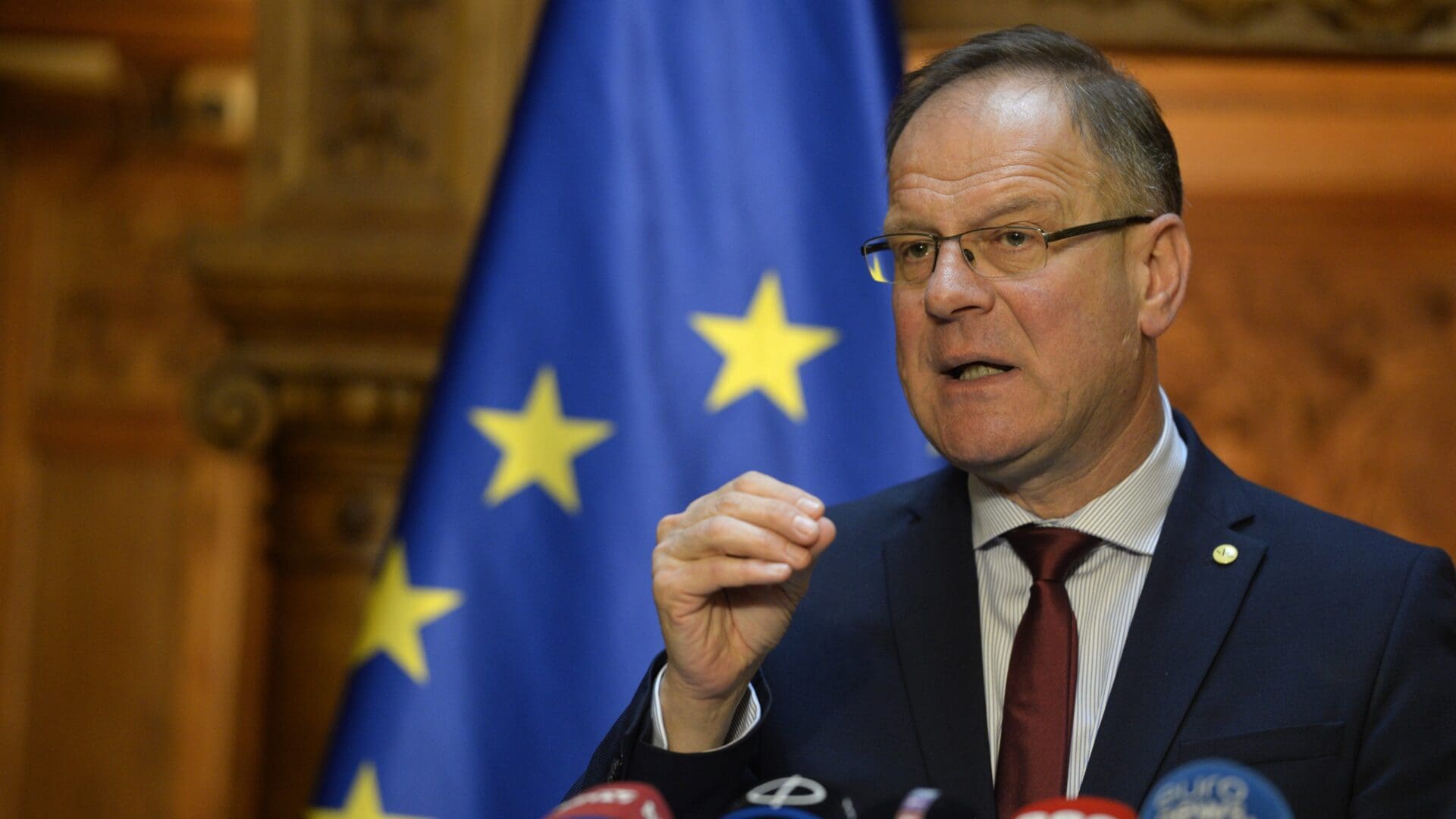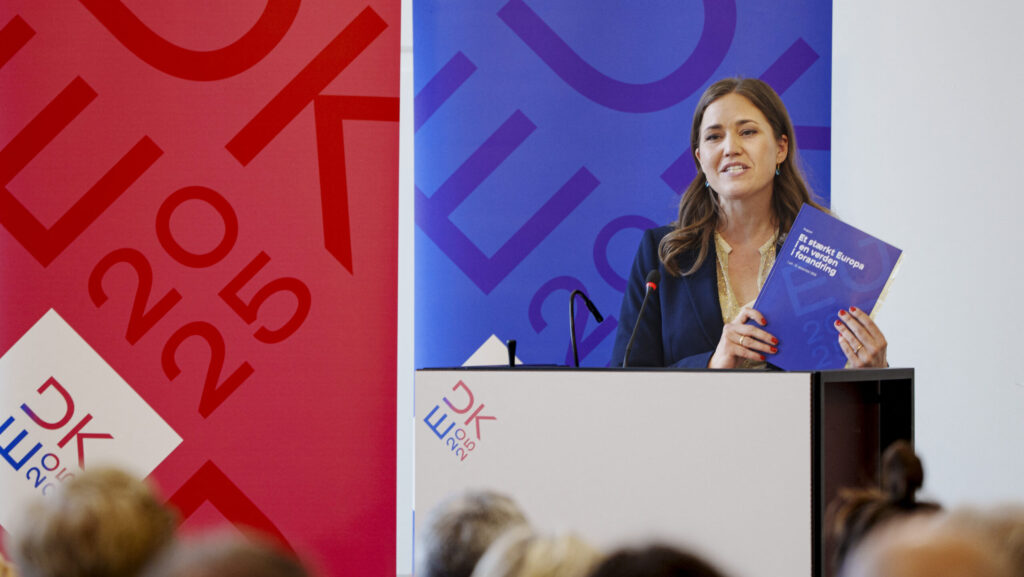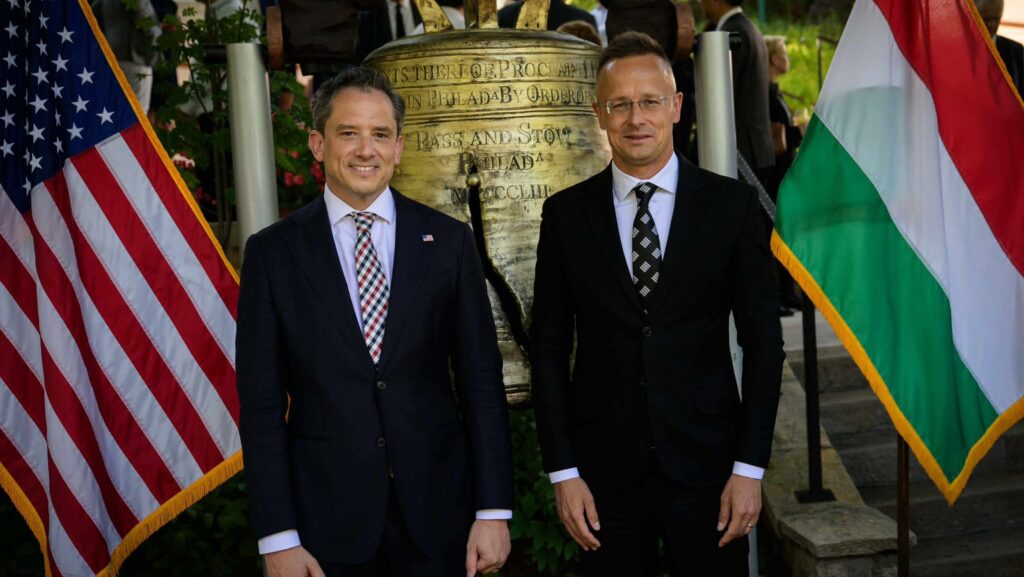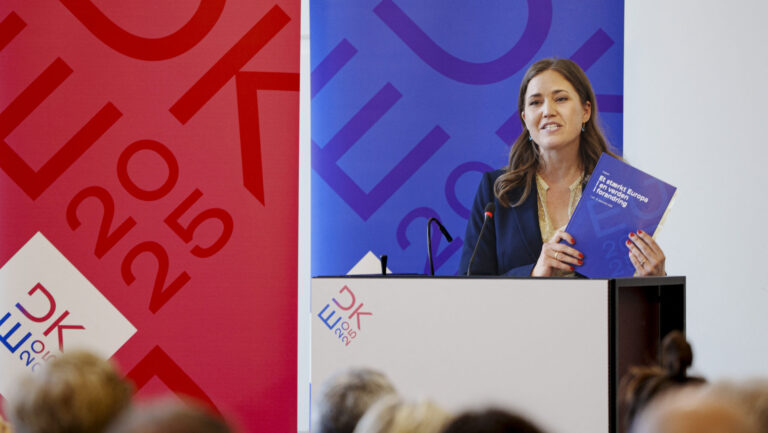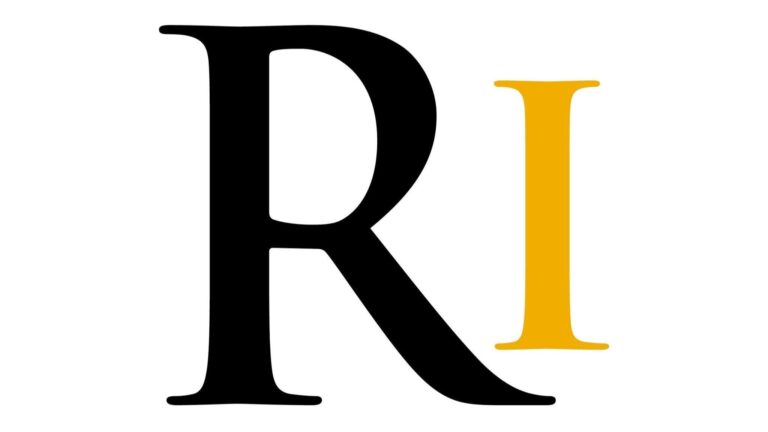In the first half of October, the negotiations on the release of EU funds could resume between the government and Brussels: Tibor Navracsics and János Bóka will once again sit at the negotiating table with representatives of the European Commission, Mandiner reported.
Currently, there is ongoing correspondence between the government and the European Commission regarding the remaining contentious issues related to EU funds. The dialogue is a follow-up to Minister for Regional Development Tibor Navracsics and Minister for European Union Affairs János Bóka’s talks in Brussels in early September regarding the release of EU funds and the Erasmus controversy.
Following the meeting, Bóka stated that the Hungarian government had made specific proposals on how to structure and theme the negotiations to achieve faster results.
‘We participate in this process constructively and in the spirit of loyal cooperation
because this is the message we want to convey, and we expect similar feedback from European institutions and member states,’ he stated on Hír TV.
Navracsics recently explained in an interview with Economx that all the necessary agreements for Hungary to access EU funds were already reached last December. He emphasized that he hoped by the end of the year all open issues would be resolved. When asked if everything would be in order between the Hungarian government and EU leadership on the twentieth anniversary of Hungary’s EU membership, he stated with confidence: ‘We will celebrate with the European Union funds already coming, and Erasmus will also be fine.’
Regarding Erasmus, he remarked that although there were concerns earlier that if events did not accelerate, students from Hungarian universities run by foundations might not be able to apply for the 2024 EU scholarships, there is no news about this issue at the moment.
Balázs Ujvári, a spokesperson for the European Commission, warned weeks ago that the EU would only lift the measures based on an accepted law,
with EU regulations allowing one month for the legislation to be scrutinized, followed by a Council decision on whether to scrap the measures against Hungary. He emphasized that all of this must happen by 1 September for students to participate in EU-funded foreign education in the next semester. However, 1 September has long passed, and there has been no news from Brussels indicating a problem with the upcoming agreements. As Tibor Navracsics has stressed multiple times, the November deadline is in effect, meaning that an agreement must be reached by then to ensure the smooth participation of Hungarian students in Erasmus programmes.
Moreover, there is no mention of the need for a parliamentary approved law to lift the punitive measures; the practice is that parliament waits for a normative text based on agreements reached during negotiations.
Navracsics and Bóka reported after their most recent meeting with Commissioner Johannes Hahn that the atmosphere was positive, raising hopes that perhaps the parties can make a breakthrough in the coming period and settle the remaining issues in the Erasmus case by the end of autumn. As is known, the debate revolves around issues such as the exact duration of the mandates of the board members of foundations-managed universities, and whether there should be a transitional period before previous government officials can take up membership on such boards.
Related articles:

